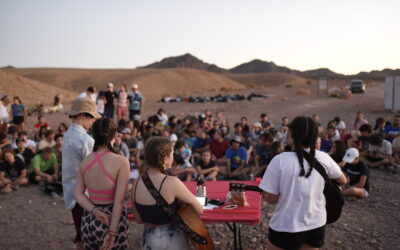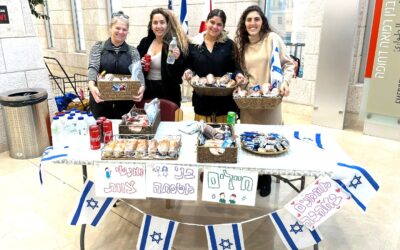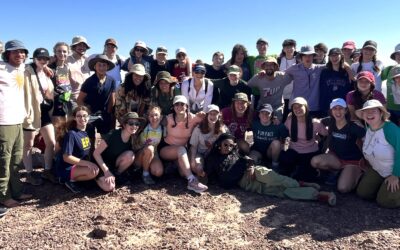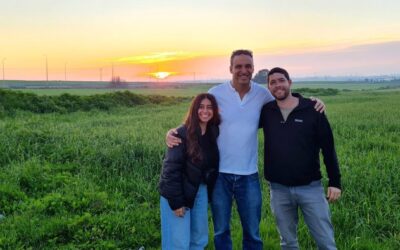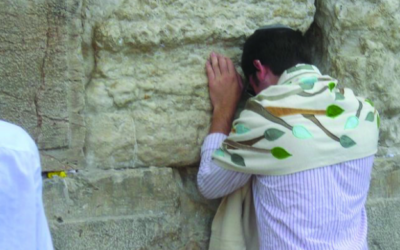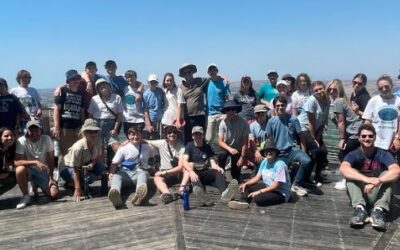By Rabbi Rich Kirschen, Director
As you are reading this, our teens are preparing for Shabbat services in the Galilee, on the Mediterranean coast, in Jerusalem and even in Krakow, Poland. This has been an intensive week for all our participants who have been exploring and learning about a remarkable array of ideas and events. While doing so, they are trying to integrate a mixture of information and activities into one cohesive narrative. Although there are many parts to the tapestry of NFTY in Israel, the fabric that weaves all of us together during this transformative summer is that we do everything through the lens of Reform Judaism.
For most of these young people, their approach to Judaism has been shaped in Reform Jewish frameworks, whether it be in their local synagogue, youth group or summer camp. They understand that Judaism and universal values define who they are and how they make sense of this world. There is no question that for these young people we are a pluralistic movement that is both egalitarian, as well as a large open tent. When hearing these teens share and react to sites and stories during the trip, it is clear this is a generation who is fierce about social justice and about the mission of trying to make the world a better place. And of course, this process is following in the age old Jewish tradition of recontextualization.
Recontextualization is one of the most amazing aspects of Jewish tradition. It is a process when we take a three-thousand-year-old text (like our Torah) and look at a commentary on that that text whether that commentary was written two thousand years ago or one hundred years ago. Then, each generation of Jews in its own time, space and language comments, and more importantly argues about the values and beliefs found within each text. Essentially, Judaism is an extraordinary timeless conversation about the deeper meaning of life for over three thousand years.
Part of this program is designed to empower your children to take part in this enduring conversation. However, instead of speaking in Hebrew from three thousand years ago or Aramaic with values from the Third Century, these young people are commenting in English with Reform Jewish values from the 21st century. It is also important to note that their insights and observations are no less significant than the authors of the Torah or the Talmud so many generations ago. Nevertheless, while their opinions are no less important than those who came before them, it is still our mission to acquaint this generation with their ancestors in order to sew a connecting thread linking these generations. This process allows these young people to not only feel proud of their Reform Jewish values, but to also see that there are times when we embrace the tradition and times when we need to challenge our tradition.
Processing Reform Jewish values in Israel in 2019 can at times be a looking glass experience where our participants are exposed to a multitude of different approaches to Judaism. Our participants meet secular Israeli Jews who define themselves as Jewish by nationality and not by religion, as well as Ultra-Orthodox Jews who neither recognize Israel as a sovereign state or Reform Judaism as valid expressions of Jewishness, and of course there are so many attitudes towards Judaism that are somewhere in-between. As we like to joke in Israel, “we are one people divided by religion.” Nevertheless, we believe that by uncovering so many different approaches to Jewish tradition, this will only strengthen our young people’s commitment to our Reform Jewish values. By exposing the participants to the ongoing dialogues between our peoples, they will leave this program with an understanding of the importance that Reform Judaism brings to the conversation.
Six days a week we try to make the world a better place and then on the seventh day, Shabbat, we rest. Our tradition teaches us that we need to take a break from work and from all those devices that pull at our attention all week long. With the advent of social media, this may be more important than ever before. In addition to rest, the Jewish tradition teaches us that as a part of Shabbat, we engage with our sacred texts, process the past week and of course, eat a lot (especially when in Israel – we’re a Jewish country!). This Shabbat, your teens will get to sleep in, learn Torah, eat a lot and most importantly reflect on the encounters of the past week and what it has meant to them. These next twenty-four hours are an ancient tradition that was designed to allow us to feel renewed and refreshed. What Rabbi Abraham Isaac Kook said about the Jewish pioneers who first moved to Israel, is no less true for our participants this year on NFTY in Israel, “The Old shall be renewed, and the new shall be made holy.”
